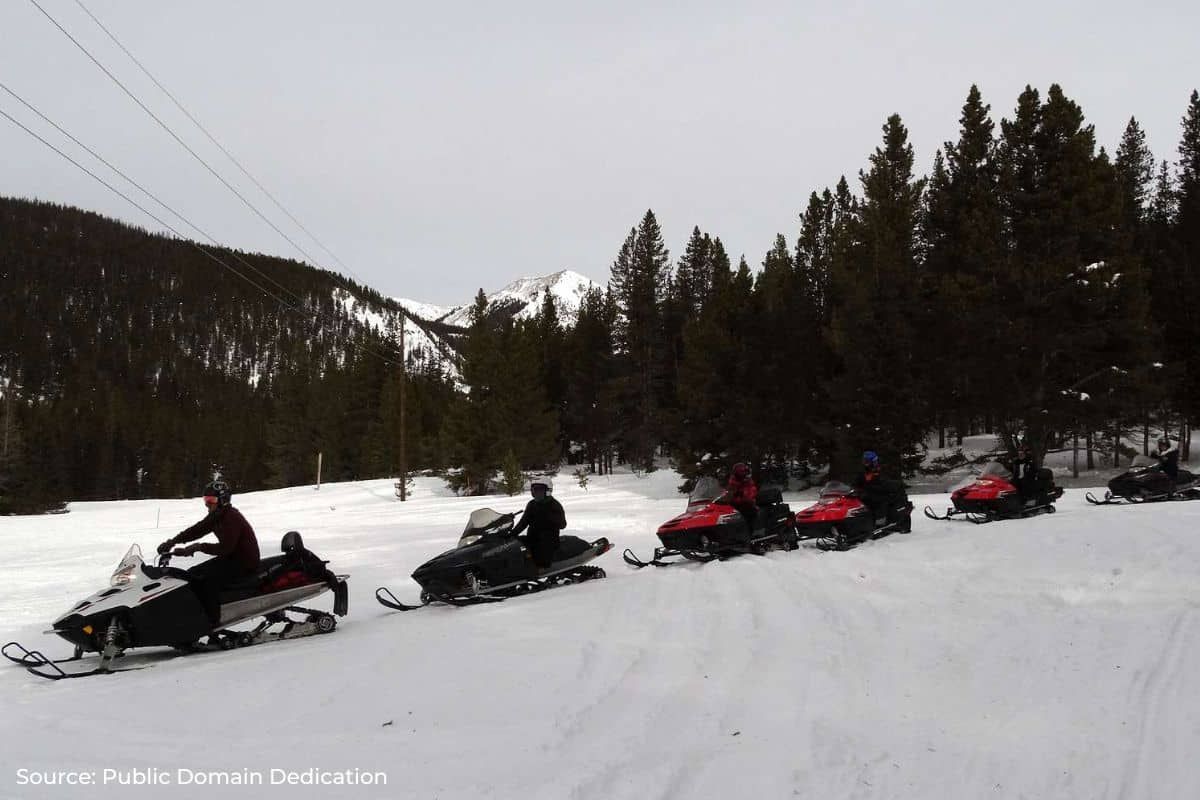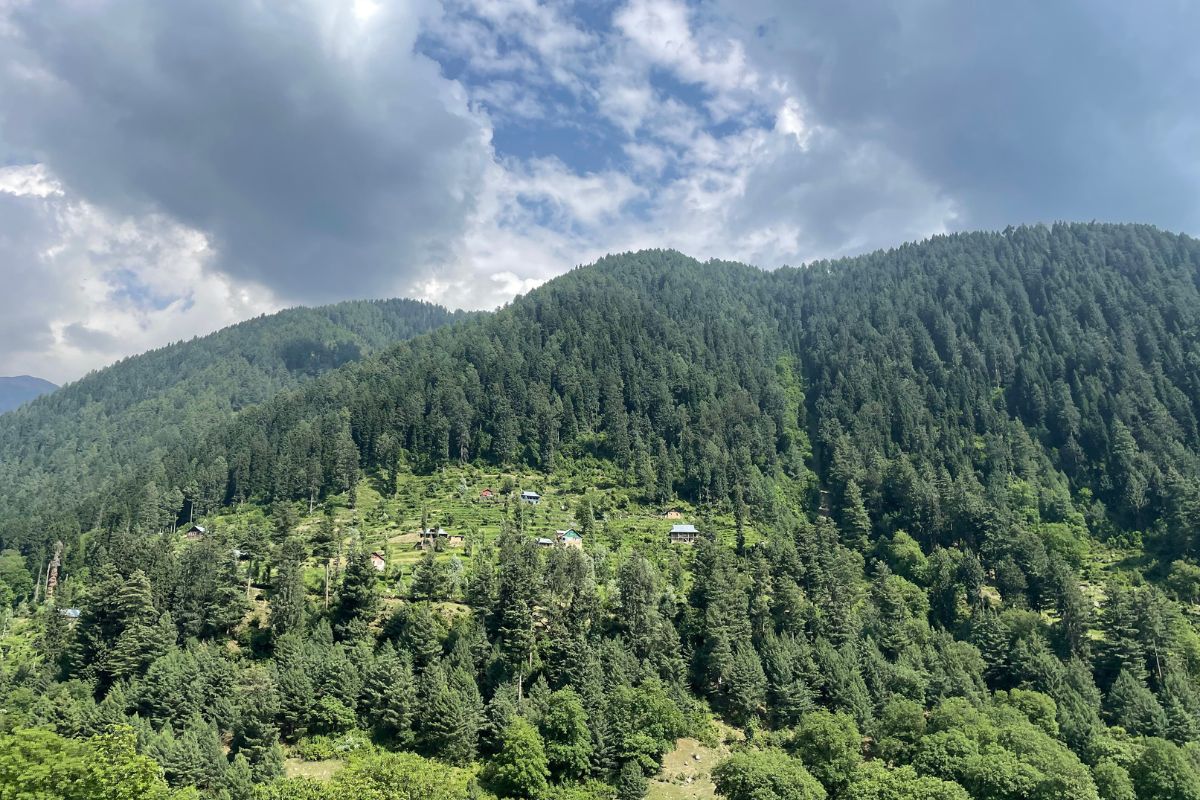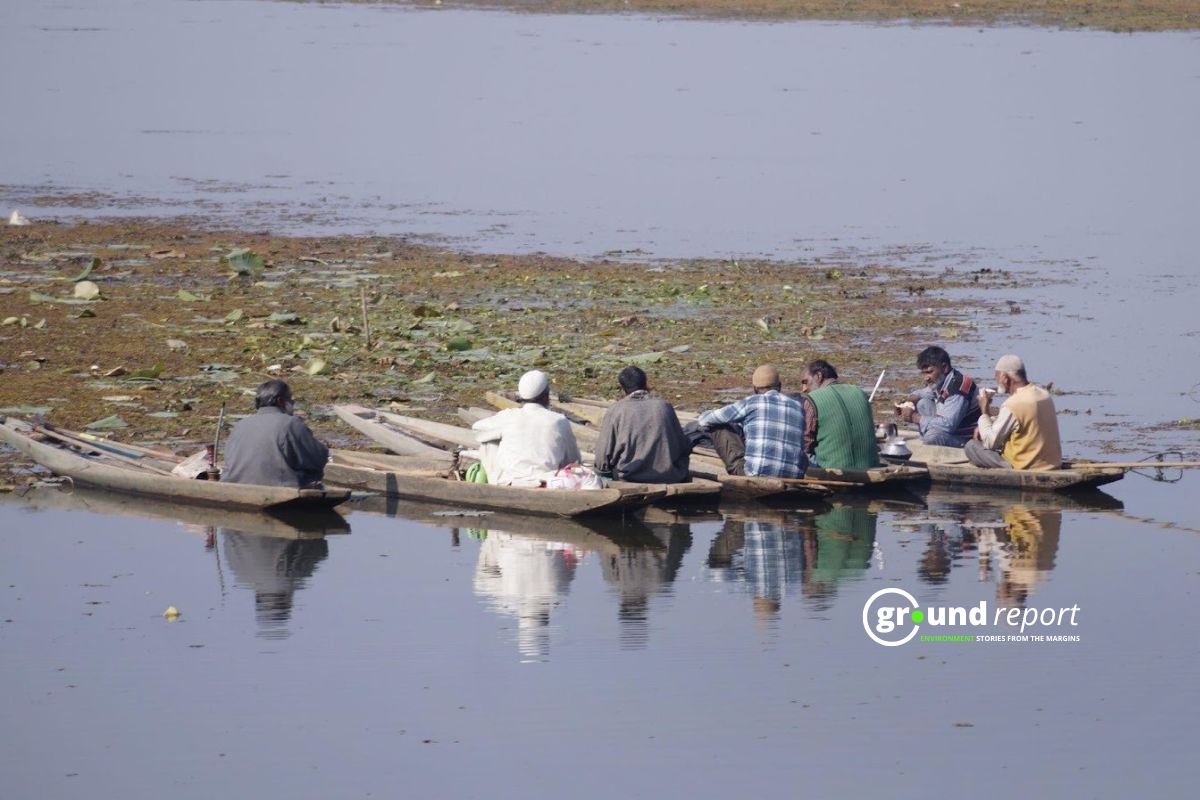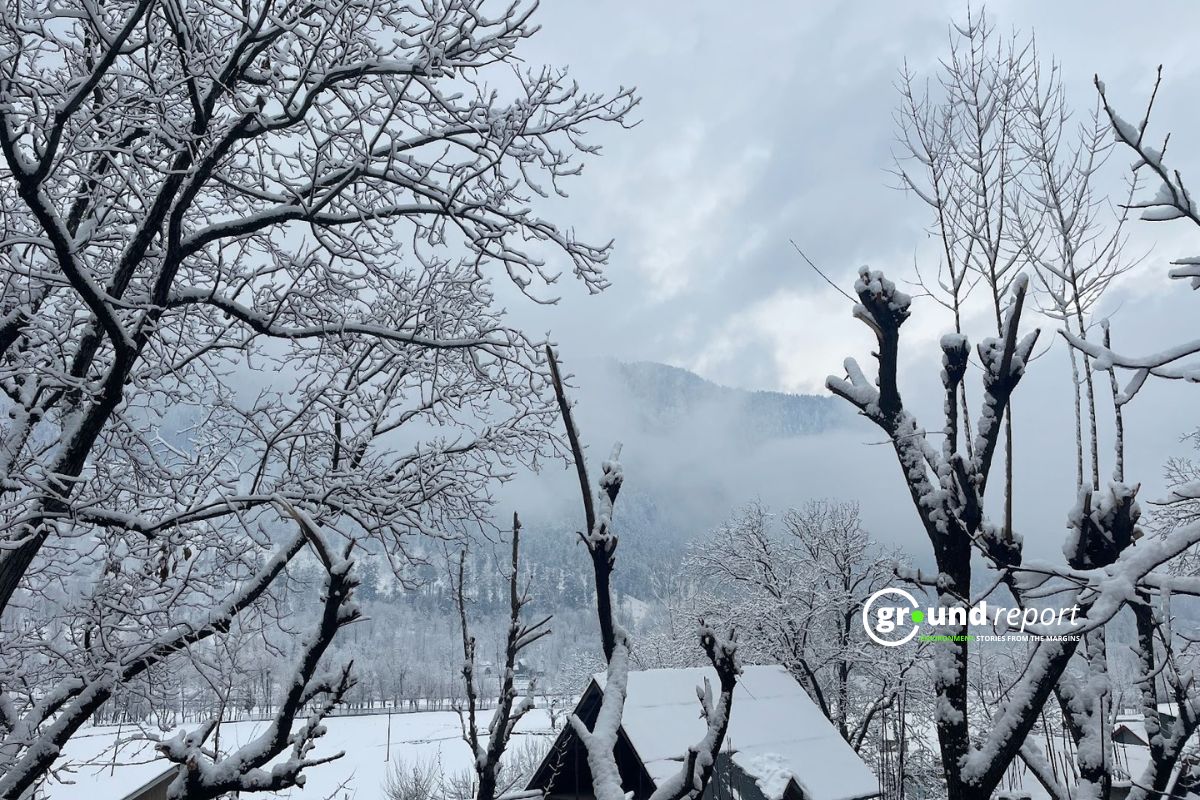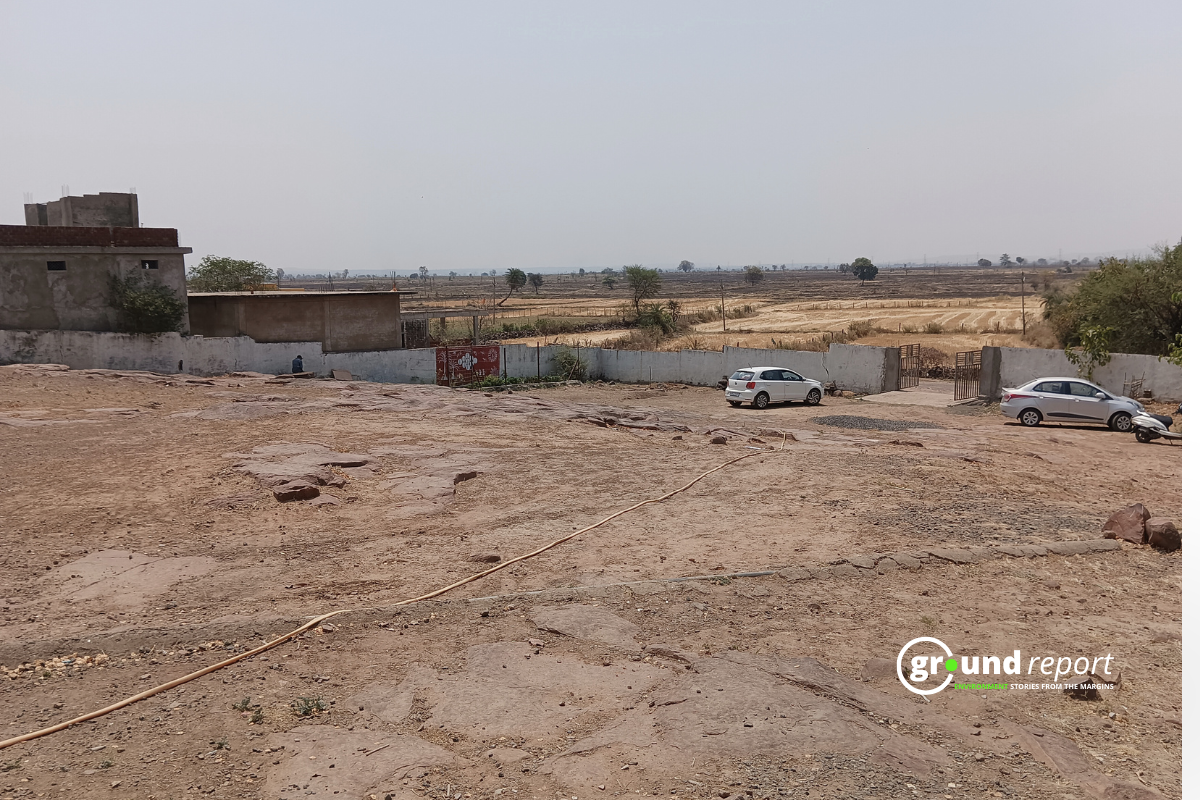The National Green Tribunal (NGT) has ordered the Jammu and Kashmir Forest Department to take appropriate action under the law in response to complaints against the operation of snow bikes (snowmobile) in the Gulmarg Wildlife Sanctuary and its surroundings and in the Ecosensitive Zone.
The order came after a petition was filed to block the Jammu and Kashmir government from allowing snowmobile operators to drive their vehicles in the Gulmarg Wildlife Sanctuary and Eco-Sensitive Zone.
The main bank of NGT headed by Adarsh Kumar Goel pointed out that the state Department of Forests and Environment has already written to the Director of the Department of Tourism asking him to stop snow bikes from entering the Gulmarg Wildlife Sanctuary immediately.
The popularity of snowmobiles is rapidly increasing in Gulmarg, which is a famous tourist destination and renowned ski spot in Baramulla district of North Kashmir.
Snowmobiles, scooters are becoming a major threat to Gulmarg’s fragile ecology. Tourist vehicles ply the icy slopes of Gulmarg and while it brings joy to tourists, it has a significant impact on the local ecosystem. The constant use of these vehicles is causing soil erosion, which is causing the degradation of the vegetation in the area.
Snow bikes in sanctuary disturbing natural habitat
Jammu and Kashmir Department of Forests and Environment have informed the Director of Department of Tourism that allowing snowmobile operators to drive their vehicles in the Gulmarg Wildlife Sanctuary and Eco-Sensitive Area is illegal under the (forest Protection Act.) any of the conditions of a license or permit granted under the Act, may be punishable by imprisonment for up to three years or a fine of up to Rs 25,000 or both.
The Department stated that allowing snow bikes in the sanctuary is disturbing the natural habitat of many wild animals, which is causing them to leave their natural habitat and settle in human dwellings, which generates conflicts between humans and animals.
The Department requested that the Department of Tourism take immediate action to stop snow bikes from entering the sanctuary to prevent such incidents. The Secretary Commissioner of Forests will be informed of the situation as soon as possible.
The petitioner has requested an immediate ban on snowmobiles, alleging that the vehicles use gasoline, which has a harmful impact on the ecology. The weight of the bikes also affects the ground and vegetation under the snow. Such activities also result in invasions and loss of grasslands, the petitioner said.
Environmental impacts from Snowmobile use
Research has shown that OSV use has substantial negative impacts on the natural environment, including animals, plants, soils, air and water quality, and the overall ecology of winter ecosystems.
These impacts can result in a harmful cycle, where one impact leads to and exacerbates another, causing synergistic effects that can have long-lasting and cumulative consequences.
Although the severity of these impacts varies by a specific area, it is clear that OSV use has a detrimental effect on any wintering ecosystem where it occurs.
- Wildlife disturbance: Snowmobiles can disturb and displace wildlife, particularly in sensitive areas. Noise and vibration from snowmobiles can alter animal behaviour and cause stress, leading to decreased reproductive rates and changes in migration patterns. Some animals, such as caribou and lynx, are particularly sensitive to disturbance and may avoid areas with heavy snowmobile use.
- Habitat Destruction: Snowmobiles can damage fragile ecosystems and natural habitats, particularly in areas with thin snow cover. The machines can crush plants and vegetation, leading to soil erosion and loss of habitat for animals that depend on these areas.
- Air Pollution: Snow bikes emit pollutants such as carbon monoxide, nitrogen oxides, and particulate matter, which can contribute to poor air quality and have negative impacts on human health.
- Water Pollution: Snow bikes can also contribute to water pollution through oil and fuel leaks, which can contaminate ground and surface water sources.
- Climate Change: Snowmobiles also contribute to climate change through their greenhouse gas emissions, particularly carbon dioxide. This can exacerbate the impacts of climate change on sensitive ecosystems and wildlife populations.
Keep Reading
Part 1: Cloudburst in Ganderbal’s Padabal village & unfulfilled promises
India braces for intense 2024 monsoon amid recent deadly weather trends
Support us to keep independent environmental journalism alive in India.
Follow Ground Report on X, Instagram and Facebook for environmental and underreported stories from the margins. Give us feedback on our email id greport2018@gmail.com.
Don’t forget to Subscribe to our weekly newsletter, Join our community on WhatsApp, and Follow our YouTube Channel for video stories.
